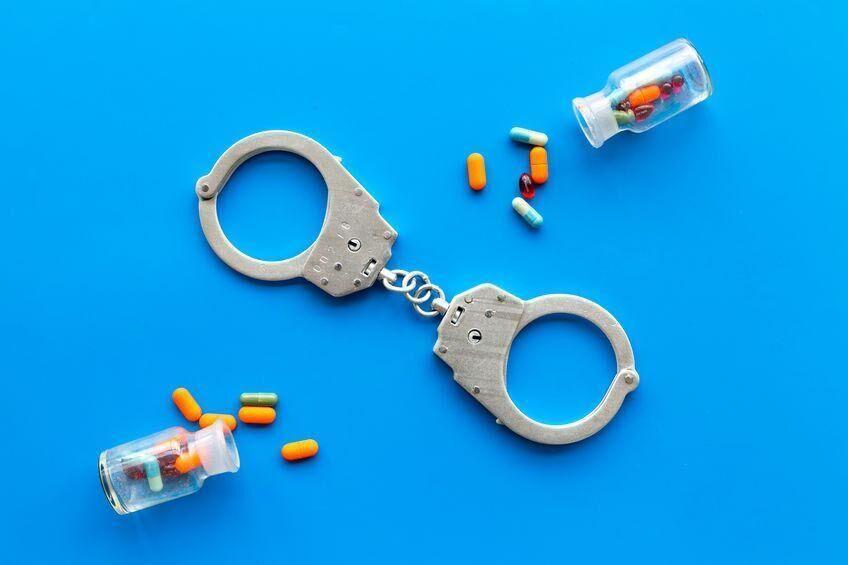Twenty years ago, Portugal had some of the highest rates of drug addiction in Europe. In 2001, the Portuguese government passed legislation to decriminalize drugs, make rehabilitation available for harmful drug use and provide safe consumption sites for addicts.
While some critics feared that such policies would encourage deviant behavior, in reality, Portugal saw no increase in overall substance abuse. Since then, drug-related deaths in the country have dropped by 85%, making the national drug-related mortality rate only about a quarter of that of the rest of Europe.
Every day in the U.S., 450,000 nonviolent drug offenders are wrongfully imprisoned for something that should by all means be classified as a public health issue. In Louisiana, the incarceration rate is 66% higher than the national average. As a result, Louisiana prisons are both overcrowded and underfunded, creating poor inmate conditions and wearing heavily on the state infrastructure.
Louisiana is not only failing to embrace people-first drug policy but actively heading in the wrong direction. While the rest of the country has decreased marijuana-related arrests over the last decade, arrests in Louisiana have increased by 18%. In 2018, about 20,000 individuals were arrested on marijuana charges alone.
This over-policing norm is upheld not only by the stigma surrounding drug addiction but also by the racist mechanisms present in the criminal justice system at large. Louisiana is one of the worst states in the nation for racial disparities in drug policing; despite similar usage rates, Black people in East Baton Rouge Parish are seven times more likely to be arrested for marijuana possession than their white peers.
The data also proves the ineffectiveness of Louisiana’s drug policing in reducing recidivism rates, as 24.2% of all repeat offenses in the state are drug-related. It would seem that shoving addicts into a prison cell does nothing to address the underlying mental, biological and social causes of their addiction and may even exacerbate the conditions that motivate their drug use.
And the punishment doesn’t end with the prison sentence. Former inmates often face challenges when seeking employment due to their existing criminal record. The dejection and hopelessness created by discrimination outside of prison can fuel the impulse to return to illicit substances, reinforcing the public notion that addiction is indicative of some moral or cultural deficit on the part of the individual.
The state of Louisiana must decriminalize all illegal drugs and adopt people-first drug policies for one simple reason: addicts are not criminals, but human beings in need of professional help and societal support. That premise alone drives this argument, but the numbers readily support it.
This year has already witnessed the drug overdose deaths of 107 residents of East Baton Rouge Parish, up a devastating 93% from this time last year. This increase is largely a result of the coronavirus pandemic, as the boredom, isolation and tragedies of quarantine life have intensified substance abuse and driven the newly-sober back to addiction.
These people, in addition to all others who have died in similar circumstances, deserved a government that treated them as humans: a government that saw addiction as a public health concern — not a failure of the individual — and made recovery resources readily available.
Too many Louisiana citizens suffer through incarceration for the supposed crime of what is in large part a systemic problem. Nonviolent drug offenders need the help of a society that has instead chosen to vilify them.
Illegal drug decriminalization is just the first step in ending America’s grotesque system of mass incarceration; Portugal’s success shows how an emphasis on education and health reform is vastly more effective in reducing substance abuse in the population than is indiscriminate punitive action.
The American war on drugs must end, and soon. Too many have died.
Claire Sullivan is an 18-year-old Coastal Environmental Science freshman from Southbury, CT.





